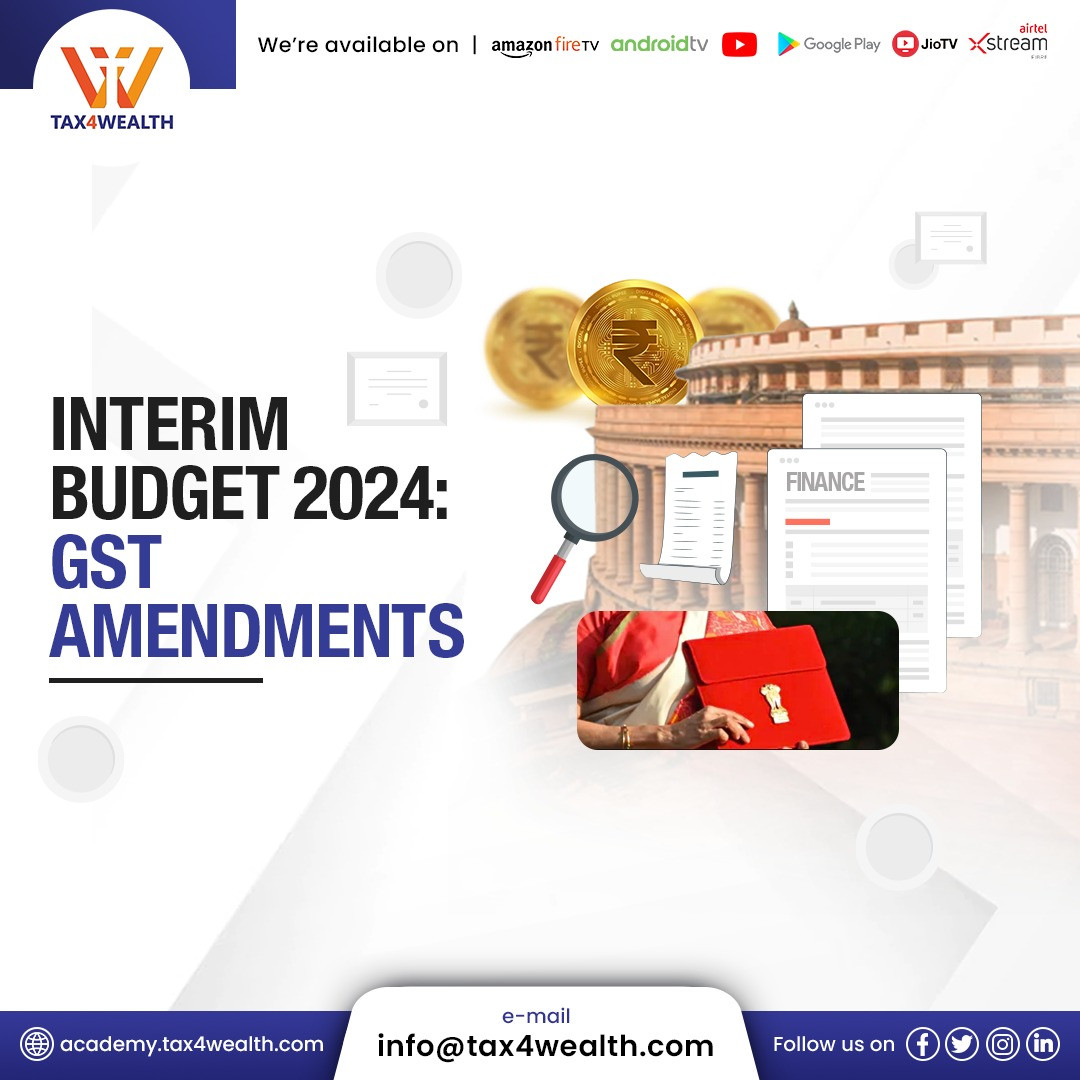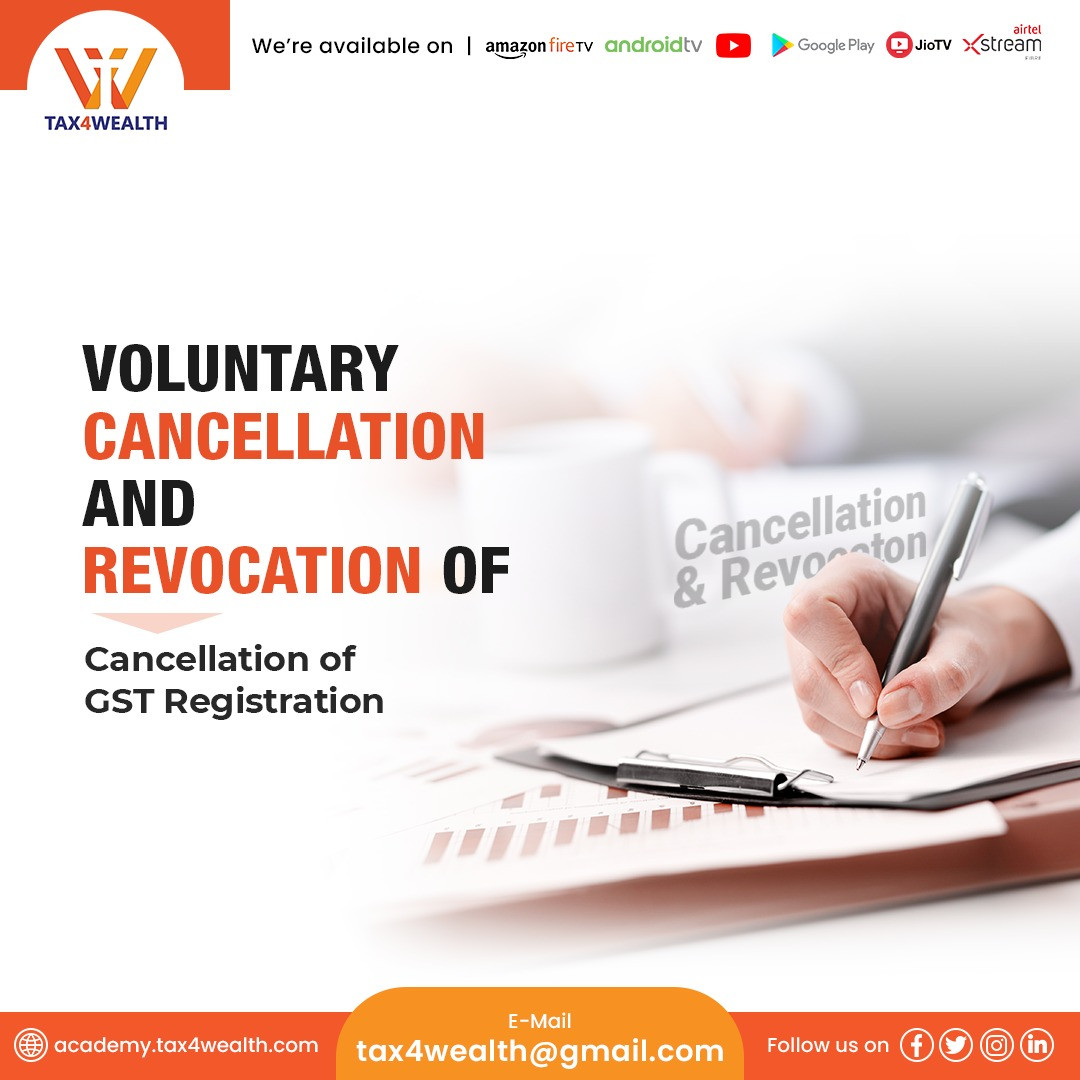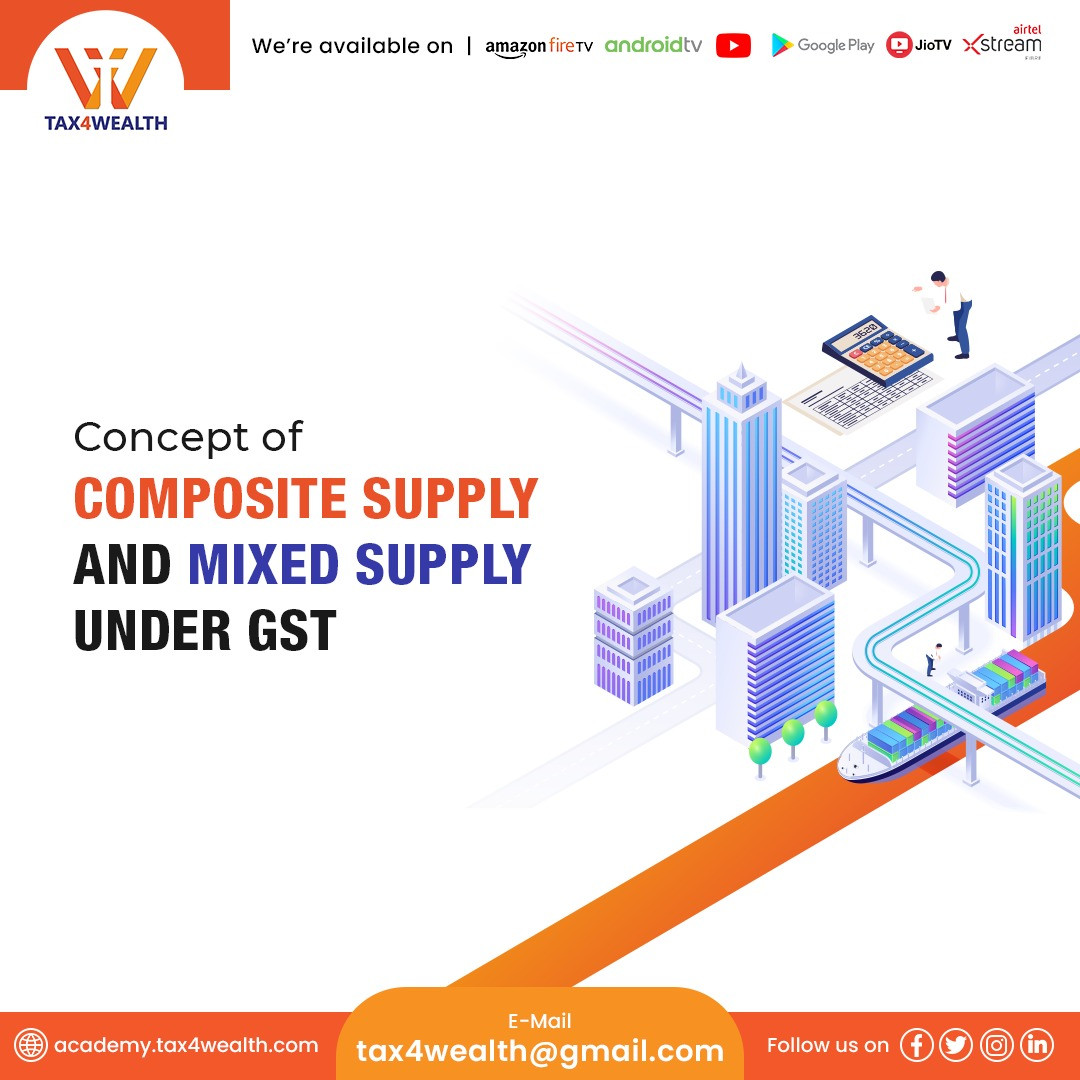
Interim Budget 2024: GST Amendments
Finance Minister Nirmala Sitharaman revealed the Interim Budget 2024 on February 1, 2024, introducing significant measures aimed at providing solace and implementing reforms for taxpayers and businesses within the GST regime. Although significant alterations to the GST need the green light from the GST Council, the budget has paved the path for the future progression of GST. Below are the essential highlights and anticipated developments from the budget about GST.
Simplifying GST Slabs:
Addressing a persistent concern among GST stakeholders, the budget aims to redesign the existing GST rate structure by decreasing the number of slabs. Presently, the system comprises four primary slabs – 5%, 12%, 18%, and 28% – alongside zero-rated, exempted categories, and specialized rates for select goods and services. The recent budget declaration indicates the government's commitment to rationalize these slabs, aiming to broaden the coverage of lower slabs. This initiative seeks to alleviate compliance challenges and lessen the tax burden on consumers.
The inclusion of sectors that have been excluded:
The budget has also suggested an important reform involving the incorporation of previously excluded sectors, including petroleum and electricity, within the scope of GST. Presently, these sectors are burdened by various taxes imposed by both central and state governments, leading to increased costs and complexities for producers and consumers. The incorporation of these sectors into the GST regime aims to establish a uniform and simplified tax system, while also bolstering revenue collection and enabling businesses to benefit from input tax credits.
Support for MSMEs & Small Traders:
The budget also aims to support Micro, Small, and Medium Enterprises (MSMEs) and small traders by acknowledging their critical role in the economy and the adversities posed by the pandemic. Key initiatives include:
✅ Establishing compliance norms and filing requirements by extending due dates, simplifying forms, and introducing quarterly returns to ease the burden on MSMEs and small traders.
✅ Introducing targeted tax benefits and incentives, such as raising the turnover threshold for the composition scheme, lowering tax rates, and waiving penalties and interest for late payments, to alleviate financial pressure.
✅ Promoting digitalization and automation of GST processes through initiatives like e-invoicing, real-time reporting, and online verification of returns, to enhance efficiency and reduce administrative burdens for MSMEs and small traders.
Digitalisation Initiatives:
The budget underscores the significance of digitalisation and technology in augmenting the efficiency and transparency of the GST system. Notable initiatives include:
✅ Extending e-invoicing beyond businesses with a turnover exceeding Rs 50 crore to cover a broader range of taxpayers and transactions.
✅ Introducing a real-time reporting and verification procedure for GST returns to expedite tax processing and refunds while minimising errors and fraud.
✅ Automating GST return generation and reconciliation through data extracted from e-invoicing, e-way bills, and other channels, thereby eliminating manual intervention and needless tasks.
Sector-Specific Focus:
Addressing sector-specific GST concerns remains a priority in the budget, with targeted measures aimed at resolving issues encountered by industries such as manufacturing, services, and exports. Examples include:
✅ Adjusting GST rates for essential goods and services, including medicines, medical equipment, education, and hospitality, to ease the burden on consumers and sectors affected by the pandemic.
✅ Resolving the challenge of inverted duty structures, where input GST rates exceed output GST rates, leading to issues with input tax credit accumulation and cash flow for manufacturers.
✅ Enhancing the efficiency of the refund process for exporters, ensuring seamless and timely disbursal of refunds for GST paid on inputs or exports.
For more information, Visit us at: https://academy.tax4wealth.com/
Related News
No comments yet, Be the first to comment.













